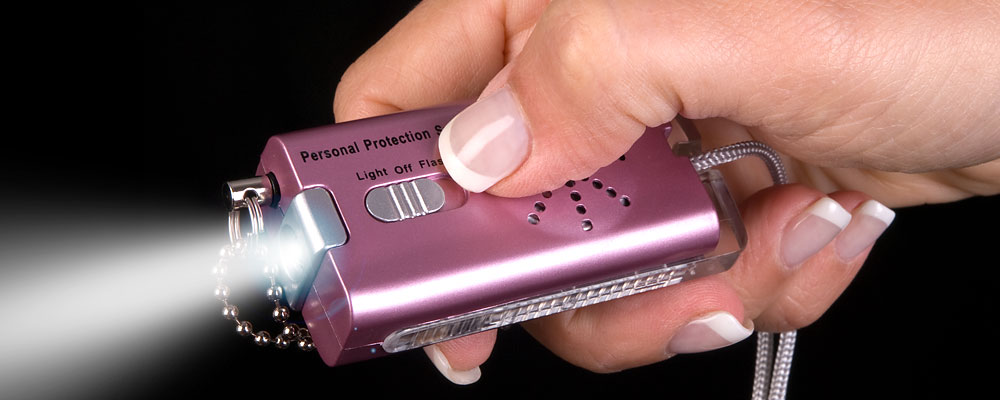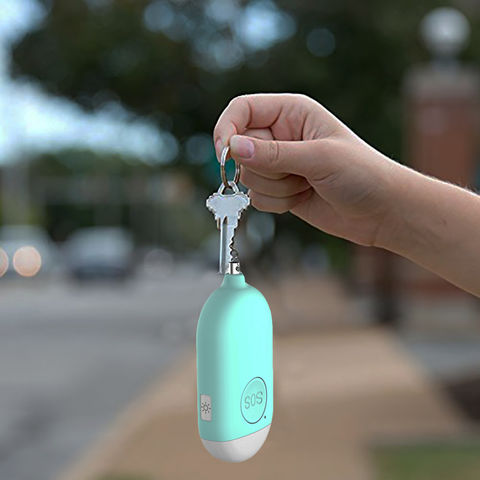
A home security system is a vital part of your home security. This system includes both personal security and hardware to protect your property. This hardware can include door locks, motion detectors, and even security camera systems. It is also important that you understand the differences between home security system types and their costs. Below you will learn about the benefits of each and how they work. You may be interested in how to install a home security system.
Cost of a security system for your home
While a home alarm system isn't cheap, it has many benefits. While you might want to buy a monitored system to protect your home, it is possible to reduce the overall cost by placing monitors where they are most likely to get accessed. Avoid the second floor windows if you don't have the budget for a higher-end system and opt instead for a less expensive option. Home security systems can range in price, so it's important to know the costs before making a decision.
Companies charge a different installation fee, but the average cost for a basic system is $300 to $1,000. The cost increases as the number of units and wiring increase. In addition, hardwired systems will cost more than wireless ones. Many monitoring companies will provide instructions and materials for you to install your system. If you're unsure of the installation process, don't hesitate to contact the monitoring company and find out what they charge.

Home security components
Many components are included in home security systems to protect your property. Motion sensors detect movement and activate an alarm. Other components of a security system for your home also use motion sensors. To begin recording, motion sensors are used by some cameras. If motion is detected, lights can be turned on by other devices. If you have a pet, motion sensors can even alert a professional security service to an intruder. All of these devices can be essential to a home security system.
Modern alarms feature more components and more features than ever before. Check that your home security system is compatible with your home automation devices. Some systems can be used with nearly all devices, while others work only with certain brands. Smart thermostats might not be compatible with certain security systems. Make sure your home security system will work with your smart home automation devices. If you want to control temperature through voice-controlled devices, make sure your security system is compatible with them.
Professional monitoring costs
A professional home security service will cost you several hundred dollars. The installation fee for a basic system is generally $300, but more complex systems can cost anywhere from $800 to $1,600. The price of hardwired systems is typically higher than those that are wireless. Some monitoring companies include installation materials and instructions for you to install your own system. If you buy equipment from another company, they may offer it at no cost.
Home security monitoring companies will offer a variety of packages, and they can also customize plans to meet your specific needs. Some plans even text you to confirm activation before calling the authorities, and others may form different action plans based on the type of alert. You will be safer from break-ins when you use a professionally monitored service. It is important to choose a plan that provides ample notification when you sign up for a home security company.

Self-monitoring costs
The homeowner can either monitor their home security system themselves or hire a professional to do so. Monitoring services alert authorities when the system detects a break-in or an emergency situation. Monitoring services can also contact the fire or police department if necessary. Monitoring services can cost money but provide peace-of-mind even when you're not home. For remote monitoring, there are standalone devices such as video doorbells and motion sensors, or smart locks.
Installation costs can run from $300 to $850, depending on how advanced the system is. Hard-wired devices require more wiring. While some monitoring companies will provide instructions and materials to help you install the system, the overall cost can be high. You should compare prices before choosing a provider.
FAQ
What is the cost of a self-defense class?
There are many selfdefense courses. The price of self-defense classes varies depending on where they are held and whether they are taken in person or electronically.
Some schools charge around $50 per month, whereas others charge up to $200.
You can find a low-cost option at your local community center. Many of these locations offer free self defence lessons.
Can I be arrested for using my stun guns?
No. Stun guns can be considered less lethal weapons. They can cause no serious injury, making them less lethal.
However, charges could still be brought against you if you accidentally hit anyone with your stungun.
How can you stay safe when you're not physically able?
If you aren't physically able defend yourself from an attack, then you should seek out someone who is.
It may be necessary to ask for help. You may need to call 911. You could also die if you do not take action.
You can also reach out to your local domestic violence shelter. Many shelters offer safety planning classes to teach women how to protect themselves.
What is the best way to defend yourself as a woman?
Pepper spray should always be on a woman's person. If you are attacked by someone bigger than you, use it as soon as possible. It could save your life.
Women need to learn how kick effectively. Kicking is a great way of protecting yourself against attackers.
Is it unlawful to give a stungun to a child.
It depends on the age.
Below 18:
18 and older: Yes.
A stun gun should never be given to a minor.
They must also be supervised by an adult.
Statistics
- Verbal harassment was the most common form, but 51 percent of women said they were touched or groped in an unwelcome way, while 27 percent of women survived sexual assault. (healthline.com)
- Some people walk into a gym thinking they are going to become the best by training whenever they like and not putting 100% effort in. (budodragon.com)
- Most likely, the person will want some kind of boxing match, so if you can out-box them, this would be 100% ideal for survival. (budodragon.com)
- Boxers aren't allowed to fight in a clinch, which is a position that occurs in 80% of the streetfights. (mmaclan.com)
External Links
How To
How to Survive a Home Invasion
Home invasion is frightening, especially if you have children. We didn't expect to live through home invasion when we started our journey with installing a home security system. Here are the lessons we have learned thus far.
-
Do Not Allow Your Children to See The Attackers. Our children were upstairs sleeping when two men entered our house. They were taken downstairs by us until police arrived. They didn't harm our kids, but it was enough to traumatize them.
-
Lock All Valuables. All valuables are kept in a safe in the bedroom. Even if someone breaks into the house, they won't be able to access it.
-
Keep an eye out for burglars. We live in a neighborhood that has a lot of burglaries. We watch out for suspicious cars and people.
-
Have A Backup Plan. If anything happens to us, our family will be taken care of financially. We have also made a plan to leave this country, if needed.
-
Be prepared. If you are ever in a situation where your life is at stake, it is important to be prepared. Prepare food, water, and other supplies.
-
Call 911 immediately. If someone breaks into your house, dial 911 immediately. It is better to call 911 immediately than wait for the authorities to come to your house.
-
Use common sense. Do not let anyone enter your home if you don't feel at home. Don't invite strangers over.
-
Ask for help from your neighbors or other people in the area. If you feel unsafe, call your neighbors or friends. They will be able to watch your back and call the police.
-
Keep Calm and Do What Police Officers Tell You To. Keep calm and do as the officers direct. Do not flee or resist arrest
-
Take Pictures Of Any Evidence. Photograph any evidence that is found during an investigation. This includes fingerprints, blood samples and other items.
-
Local Law Enforcement Can Be Reported. File a report with law enforcement even if no one was injured. This will help to prevent future crimes.
-
Call the Insurance Company immediately. Get in touch with your insurance company immediately. Let them know everything and then ask for an adjuster.
-
You must get rid of personal belongings. Before you leave the scene, remove personal belongings. It is best to take your expensive jewelry off and place it somewhere safe.
-
Take Care of Yourself. Clean up after yourself. Clean up after yourself.
-
Don't Talk About What Happened. Talk about what happened. You never know who might attempt to use this information against later.